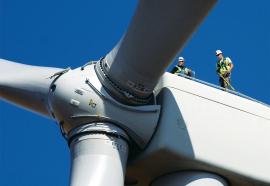Labor Costs and the Rate Case
Incentives, staffing, and benchmarking in a tight economy.
In several recent utility rate cases, regulators have disallowed portions of utility compensation expenses, on the basis that difficult local economic conditions justify pay cuts. However, when utilities begin squeezing their uniquely qualified technical and management staffs, performance can suffer. Analysis Group authors David W. Sosa and Virginia Perry-Failor review experiences at several companies to show how an evidentiary approach will help utilities avoid disallowances of critical compensation for valued employees.





